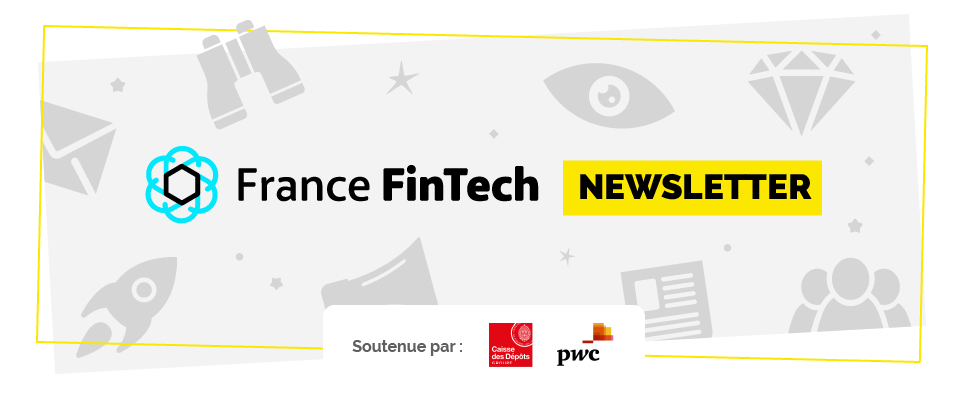Wider access to credit thanks to better customer knowledge
 Consumer credit is a formidable tool whose societal utility no longer needs to be demonstrated. A number illustrates this social utility: outstandings reached 187 billion euros in 2019.
Consumer credit is a formidable tool whose societal utility no longer needs to be demonstrated. A number illustrates this social utility: outstandings reached 187 billion euros in 2019.
Consumer credit allows a large number of French people to buy the consumer goods they need and want (car, furniture, household appliances, smartphone, etc.). But this type of credit is the main contributor to over-indebtedness and it is crucial to ensure that lenders lend responsibly; this is why it is so closely monitored by the public authorities. This monitoring is essential, but it is not enough: it is also crucial to empower credit organizations to lend responsibly and improve access to credit through better knowledge of the customer.
The key to this arbitration lies in the data to which credit organizations have access: the more precise their knowledge of the customer, the more these companies can lend serenely to a large population. And this is where the shoe pinches: apart from the information provided by the client and their own database, lenders have little access to data, mainly whether or not the client is registered in the file. incidents of repayment of loans to individuals and in the central check file. This lack of information necessarily leads to a certain reluctance, in particular for young people: more than 2,5 million aged 18-35, although financially stable, do not have access to credit. To help lenders reduce this injustice, more signals must be made available to them.
As such, the creation of a French positive file has been mentioned by several governments, but none has ever been operationalized. This type of file would have a double effect on the sector. First of all, it would allow the actors in place to be more relevant in the analysis and granting of credits. Then, it would energize the market by lifting a barrier to entry, thus allowing new entrants to increase the supply.
Another avenue is opened up by open banking thanks to the PSD2 : the technical possibility for an individual to give access to his banking data to a company. According to some credit organizations, this would allow better scoring than traditional methods because it measures financial agility (the ability to adapt to one's economic situation) rather than past financial stability, estimated mainly on the basis of socio-economic criteria. static demographic. By basing itself on financial resilience and not on socio-professional situation, credit is made less discriminating and opens up to new populations, first and foremost the self-employed.
Faced with the uncertainty of obtaining a consumer credit, consumers are turning to other solutions, including payment facilities, which allow a customer to pay for a purchase in 3 or 4 installments.
The growth in the use of these solutions is being accelerated by the demand of customers to be able to finance their purchases at the time of payment, whether online or in store. This growth is made possible by new technologies such as machine learning, allowing efficient real-time scoring. The leaders in this market offer a high acceptance rate exceeding 90%, but here too, sharing data with lenders would increase the relevance of scoring, and, ultimately, the freedom to consume with confidence.
SOURCE> Newspaper

